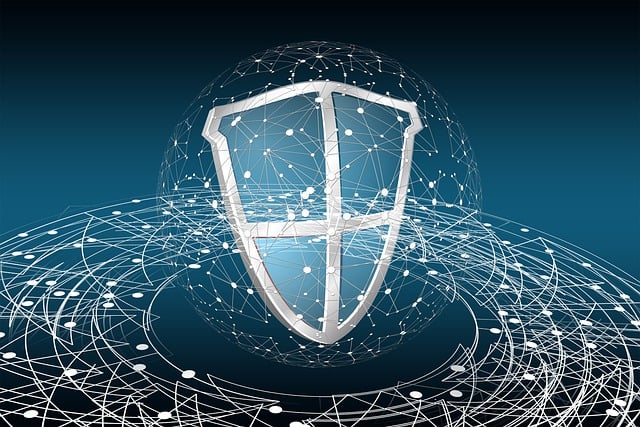In this blog post, we will discuss the future of antivirus technology and its impact on cybersecurity.
The Evolution of Antivirus Technology
Antivirus technology has come a long way since its inception in the 1980s.
Initially, antivirus software was simple and only capable of detecting and removing known viruses.
However, as the number of viruses and other forms of malware grew, so too did the complexity of antivirus software.
Today, antivirus technology is much more advanced and can detect and remove not only viruses but also spyware, adware, and other forms of malware.
In addition to detecting and removing malware, antivirus technology now also includes features such as firewalls, intrusion detection and prevention systems, and email filters.
This has made antivirus technology much more effective in protecting against cyber attacks.
As technology continues to evolve, so too will antivirus technology, and it will become even more effective in protecting against cyber attacks.
The Future of Antivirus Technology
The future of antivirus technology is looking bright, and it is expected to become even more advanced in the coming years.
One of the major trends in antivirus technology is the shift towards cloud-based solutions.
This means that instead of having antivirus software installed on individual devices, the software will be hosted in the cloud and will be accessible from anywhere with an internet connection.
Another trend in antivirus technology is the integration of artificial intelligence and machine learning algorithms.
This will allow antivirus software to not only detect and remove malware but also to learn and adapt to new threats as they emerge.
For example, an antivirus software with artificial intelligence capabilities will be able to detect and respond to new and unknown threats much faster than traditional antivirus software.
Impact on Cybersecurity
The future of antivirus technology and its impact on cybersecurity cannot be overstated.
Antivirus technology is an essential component of any comprehensive cybersecurity strategy and will continue to play a crucial role in protecting against cyber attacks in the future.
With the integration of artificial intelligence and machine learning, antivirus technology will become even more effective in detecting and removing malware.
This will help to mitigate the risk of cyber attacks and ensure that devices and systems are protected against the latest threats.
Another important factor is the shift towards cloud-based solutions.
By hosting antivirus software in the cloud, it will be much easier to deploy and manage, and will also provide more comprehensive protection as the software will be accessible from anywhere with an internet connection.
Conclusion
The future of antivirus technology is looking bright and will play a crucial role in protecting against cyber attacks in the years to come.
The integration of artificial intelligence and machine learning algorithms will make antivirus software even more effective, and the shift towards cloud-based solutions will make it easier to deploy and manage.
As technology continues to evolve, so too must antivirus technology, and it will be interesting to see how it continues to shape the world of cybersecurity in the coming years.
It is imperative that businesses and individuals stay up to date with the latest developments in antivirus technology in order to ensure that their devices and systems are protected against the latest threats.
